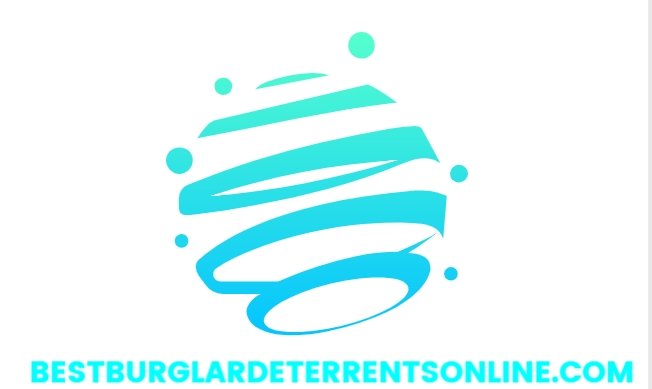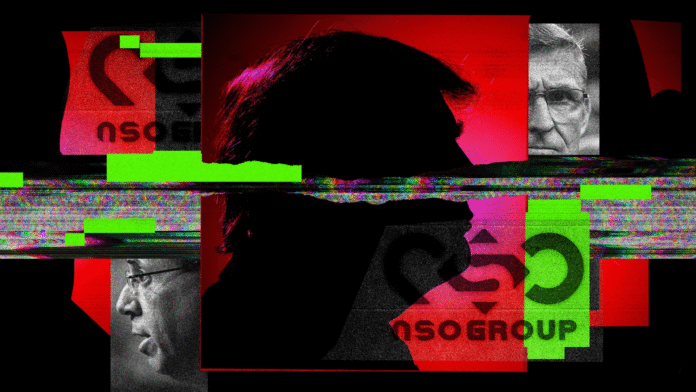
NSO Group’s Strategic Shift: Betting on Trump’s Return and Reclaiming U.S. Access
As the United States adjusts to the changing political climate following Donald Trump’s renewed rise to power, few companies have more riding on the outcome than NSO Group, the Israeli spyware firm behind the notorious Pegasus software. NSO’s rapid realignment of its lobbying strategy suggests the company is gearing up for a new chapter—one that could see it clawing back access to the lucrative and influential U.S. tech ecosystem.
A Tweet and a Tell
Shortly after Trump’s victory was announced in November, NSO cofounder and majority owner Omri Lavie took to social media in celebration. In a flurry of posts, he hailed the beginning of a “new chapter” and praised what he called a return to “common sense.” Lavie accused the outgoing Biden administration of weakness, while enthusiastically claiming that Republicans had won across the board—from the presidency to Congress to the popular vote. (A claim not supported by vote counts.)
His public exuberance was more than political cheerleading—it was strategic. Under Biden, NSO Group remained blacklisted by the U.S. Commerce Department, effectively freezing it out of direct business with American firms. But with Trump poised to retake the reins of government, Lavie likely saw a chance to reverse that trajectory.
NSO’s Lobbying Blitz
NSO’s troubles in the U.S. began in earnest after a string of scandals involving Pegasus, which has been used by authoritarian regimes to surveil journalists, dissidents, and political rivals. In response, the Biden administration placed NSO Group on the Commerce Department’s “Entity List” in 2021, banning U.S. companies from doing business with them without special permission.
Since then, NSO has funneled at least $1.8 million into an aggressive lobbying campaign, heavily targeting Republican lawmakers. Despite repeated meetings—some with key senators happening as often as eight times—the company remained blacklisted.
With the election dust settling and Trump’s victory clear, NSO is now pivoting. Several of its previous lobbying partners, especially those linked to Democrats, have been dropped or quietly sidelined. In their place, NSO has forged a new alliance with the Vogel Group, a Washington consultancy deeply embedded in Republican politics.
The Vogel Connection
The Vogel Group is no ordinary lobbying firm. Founded by Alex Vogel, a former chief counsel to Senate Majority Leader Bill Frist, the firm is a GOP stronghold. Recent lobbying disclosure filings reveal that NSO Group has retained the Vogel Group for “strategic advisory on cybersecurity policy matters.”
Several members of the Vogel Group bring with them close ties to Trump’s first administration. Jonathan Fahey, for example, now a principal at the firm, served as acting director at Immigration and Customs Enforcement and held legal advisory positions within the Department of Homeland Security and the White House Office of National Drug Control Policy—all agencies that intersect with NSO’s surveillance technology market.
Another Vogel staffer, Hayden Jewett, formerly coordinated congressional outreach for Trump’s 2016 inauguration—a sign of deep ties within Republican circles. These connections are valuable, especially for a company seeking to re-enter the U.S. market under a potentially less restrictive administration.
Adding further political muscle, the Vogel Group shares ties with Holtzman Vogel, a law firm founded by Alex Vogel’s wife, Jill Holtzman Vogel. A former state senator and RNC chief counsel, Jill Vogel’s firm has served Republican political committees and received over $9 million in political payments in 2024 alone. Holtzman Vogel’s portfolio also includes representing figures pardoned by Trump, such as former police lieutenant Andrew Zabavsky, convicted in connection with the 2020 death of Karon Hylton-Brown.
The DOGE Tie-In
The NSO saga takes another twist with the involvement of Bill McGinley, a former Trump White House official and principal at the Vogel Group. After Trump’s return, McGinley was appointed to the so-called Department of Government Efficiency (DOGE)—an enigmatic Trump-era entity with growing influence. He left DOGE after just over a month, but his brief appointment highlights the fluidity between lobbying and governing in this new political environment.
This revolving door is central to NSO’s strategy. “Lobbyists and advisers who have passed through the revolving door… have a unique ability to bend the ear of the new administration,” explains Dan Auble, senior researcher at OpenSecrets. “That access is very valuable.”
The Stakes for NSO
With millions spent and new alliances forged, NSO is clearly betting that Trump’s return will mark the beginning of its rehabilitation in the United States. But the stakes are high. The company continues to face scrutiny for Pegasus’ role in human rights violations. Just this February, journalists in Serbia were reportedly targeted with the spyware.
Despite these controversies, NSO maintains its innocence. In a statement to Amnesty International, the company insisted its commitment to ethical conduct remains “paramount,” and that it adheres to all legal and industry norms.
A Shadowy Future
The Vogel Group has declined to comment on the full scope of its work for NSO. Similarly, NSO spokesperson Gil Lainer did not elaborate on what exactly the firm hopes to achieve through its renewed lobbying efforts.
What is clear, however, is that NSO Group is poised to use every ounce of political capital it can muster to return to favor in Washington. Whether through influence in the new Trump administration, strategic lobbying, or political donations, the company’s future may hinge less on ethics and more on access.
As America enters yet another politically volatile era, the return of Trump could very well mean the return of NSO. Whether that’s good news for civil liberties—or a sign of darker days ahead—remains to be seen.


